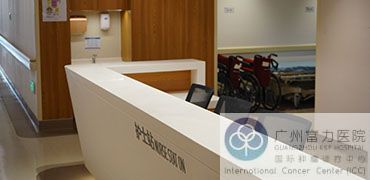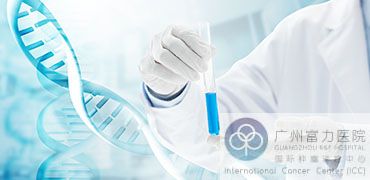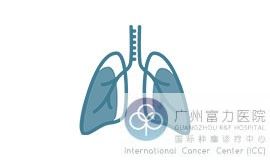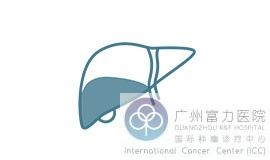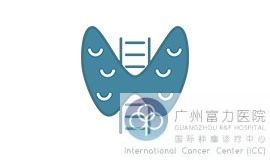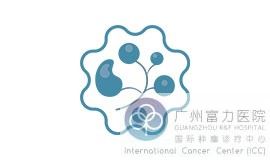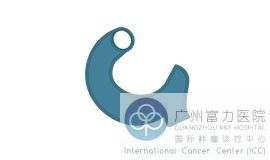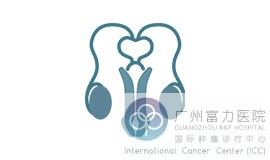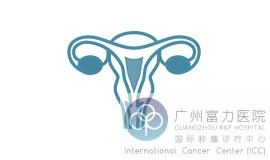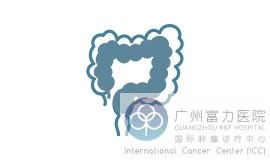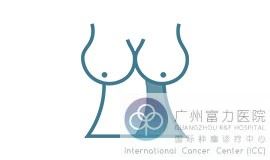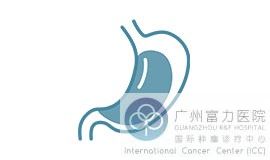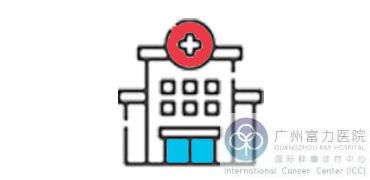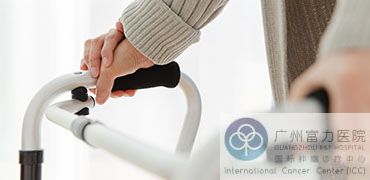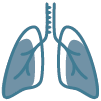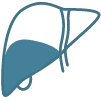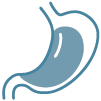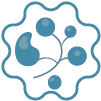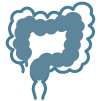Thyroid Cancer diagnosis
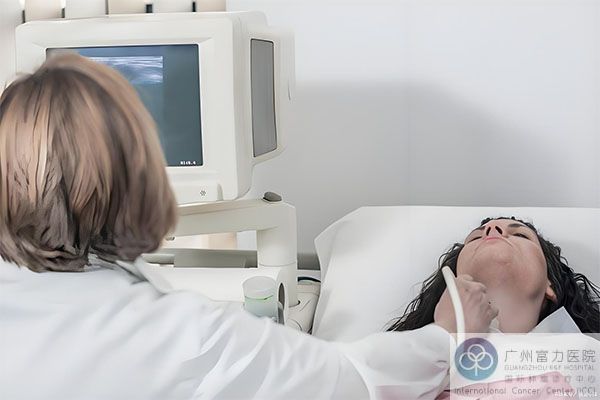
Accurate diagnosis of thyroid cancer is crucial and is related to the development of subsequent treatment plans and the patient's prognosis. In order to ensure the accuracy and comprehensiveness of the diagnosis, a variety of methods are often used in clinical practice, as follows:
Physical examination: The doctor will use professional techniques to carefully palpate the patient's neck to determine whether there are any lumps or enlarged thyroid glands, and pay attention to whether there are any signs of enlarged lymph nodes in the neck. This basic examination can provide initial clues for subsequent diagnosis. Number
Thyroid ultrasound: As a commonly used method to evaluate thyroid lesions, ultrasound examination can clearly present the internal structure of the thyroid gland and accurately measure the size, shape and exact location of the tumor. It is easy to operate, non-invasive and can provide instant imaging, providing key imaging basis for the diagnosis of thyroid diseases. Number
Thyroid function test: Testing the levels of thyroid hormones T3, T4 and thyroid-stimulating hormone TSH helps determine whether the thyroid function is normal. Because thyroid cancer sometimes interferes with the secretion of thyroid hormones, this test can be helpful in diagnosis. Number
Thyroid radionuclide scan: This test can evaluate the function and structure of the thyroid gland and determine whether there are abnormal thyroid hot nodules. However, it should be noted that in some types of thyroid cancer, the information provided by this test may be limited and may not meet the needs of a comprehensive diagnosis. Number
Fine needle aspiration of the thyroid gland: This is a key step in diagnosing thyroid cancer. Doctors use fine needles to collect tissue samples from thyroid nodules, and then conduct pathological examinations to determine whether there are cancer cells in the samples, providing the most direct basis for diagnosis. Number
Serum marker test: Testing of serum alpha-fetoprotein AFP and carcinoembryonic antigen CEA is helpful in identifying certain specific types of thyroid cancer. Although not all thyroid cancers result in abnormal elevations of these markers, they can provide valuable diagnostic information in certain circumstances. Number
Imaging examinations: Imaging examinations such as computed tomography (CT), magnetic resonance imaging (MRI), and positron emission tomography (PET-CT) can comprehensively assess the size, location, and extent of spread of the tumor, helping physicians to more clearly understand the overall picture of the disease and provide important support for formulating treatment plans. Number
Thyroid cancer gene testing: Studies have found that some thyroid cancers are associated with mutations in specific genes. Genetic testing not only helps guide subsequent treatment decisions, but also enables a more accurate assessment of the patient's prognosis.
The final diagnosis requires the physician to conduct a comprehensive analysis and judgment of the results obtained from the above-mentioned multiple examination methods in order to develop the most appropriate diagnosis and treatment plan for the patient.
Use precise technology to create more possibilities for life.
The Cancer Center of Guangzhou R&F Hospital has opened an era of "chemotherapy-free survival" for cancer patients, winning a lasting victory for life. If you or your family are facing difficulties in cancer treatment, please contact the Guangzhou R&F Hospital Cancer Center. We offer multilingual medical history consultations, contact us today to get an assessment of your treatment eligibility.
Contact Us:
email: rfcancercenter@gmail.com |
WhatsApp: +86 18565157271







